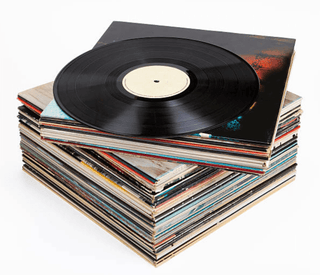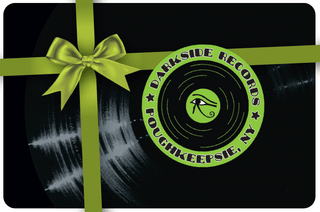Ukrike Hofbauer- Fasch: Vier Tageszeiten (Serenata)

The brief heyday of the Anhaltinische Hof in Zerbst (Saxony-Anhalt) coincided with the work of it's court Kapellmeister Johann Friedrich Fasch. The benevolent and prudent Prince Johann August von Anhalt-Zerbst (1677-1742) expanded his court orchestra and engaged outstanding musicians for this purpose. The duties of his Kapellmeister were varied and extensive, including providing special compositions for the birthdays of the ruling family. For the prince's birthday on 9 June 1723, he composed "The Four Day Times", a serenata for four soloists and a very colourful and lavish orchestra. With Aurora (the morning), Phoebus (the noon), Hesperus (the evening) and Cynthia (the night), the deities of the four times of day appear to pay homage to the ruler. The programme is complemented by an equally colourful four-movement Fantasia, which unusually requires three different soloist scorings: first 2 oboes, then 2 transverse flutes and the last two movements are then a first version of Fasch's concerto for chalumeau, the preliminary form of the clarinet. All works are world premiere recordings.
The brief heyday of the Anhaltinische Hof in Zerbst (Saxony-Anhalt) coincided with the work of it's court Kapellmeister Johann Friedrich Fasch. The benevolent and prudent Prince Johann August von Anhalt-Zerbst (1677-1742) expanded his court orchestra and engaged outstanding musicians for this purpose. The duties of his Kapellmeister were varied and extensive, including providing special compositions for the birthdays of the ruling family. For the prince's birthday on 9 June 1723, he composed "The Four Day Times", a serenata for four soloists and a very colourful and lavish orchestra. With Aurora (the morning), Phoebus (the noon), Hesperus (the evening) and Cynthia (the night), the deities of the four times of day appear to pay homage to the ruler. The programme is complemented by an equally colourful four-movement Fantasia, which unusually requires three different soloist scorings: first 2 oboes, then 2 transverse flutes and the last two movements are then a first version of Fasch's concerto for chalumeau, the preliminary form of the clarinet. All works are world premiere recordings.







